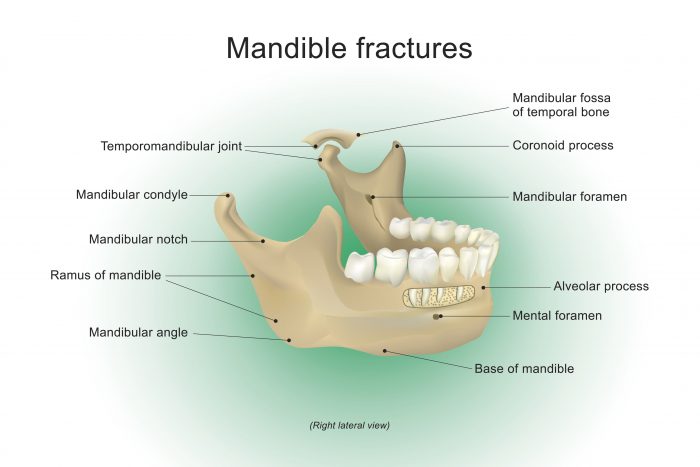The pain, discomfort, and dysfunction that accompany TMJ Disorder (TMJD) can hamper quality of life, and unfortunately, more than 10 million Americans suffer from this condition. Women tend to suffer from TMJD more than men, and those who are younger more than those who are older. TMJD can make everyday activities such as eating and speaking difficult and painful. Luckily, TMJ Disorder can be treated in a number of ways.

TMJ (temporomandibular joint) Disorder occurs when the joint connecting the lower jaw to the side of the head is dislocated, or when the joint and the muscles surrounding it are inflamed. This can arise on its own or as a result of lifestyle, trauma, stress, or another condition such as arthritis.
There are temporary lifestyle changes an individual can make to lessen the severity of symptoms. Eating soft foods, avoiding extreme jaw movements, careful jaw stretching, using an ice pack, and relaxation techniques can help with swelling, stiffness, and pain. Mindful jaw movement when chewing food, relaxing the jaw muscles when clenched, massaging the jaw muscles, and avoiding habits like nail biting may help.
In the short-term, an individual can use over-the-counter anti-inflammatory pain medications like Ibuprofen to ease the pain. For more severe symptoms, a physician can prescribe medication to help relax the muscles or reduce the swelling. TMJD may result from or be worsened by night-time tooth grinding, or bruxism. A physician may instruct the use of a stabilization splint or bite guard to reduce the impact of bruxism and clenching. If necessary, a physician can perform TMJ joint blocks or Neurotoxin injections to alleviate the symptoms.

Cayman Neurology and Pain Management is a leading medical practice that can provide these health services and more, specializing in a multidisciplinary approach to pain management and nerve and brain-related pathologies. If you believe you exhibit these symptoms, schedule your consultation with Cayman Neurology and Pain Management today.
Copyright © 2024 Cayman Neurologist. All Rights Reserved.